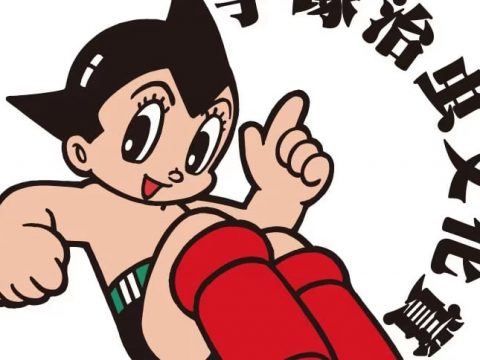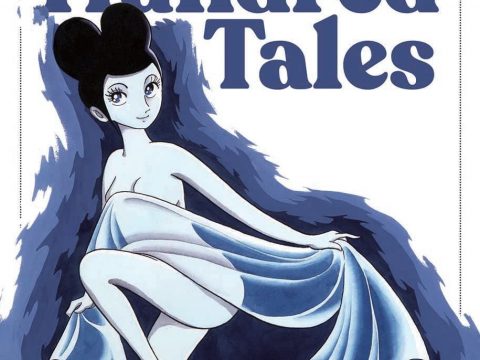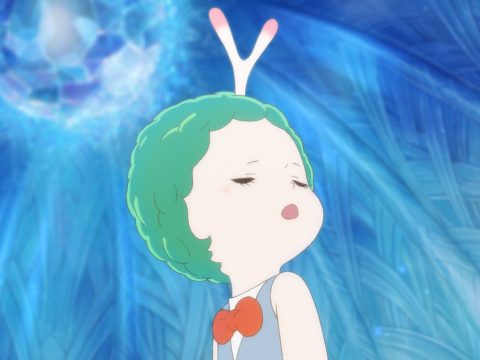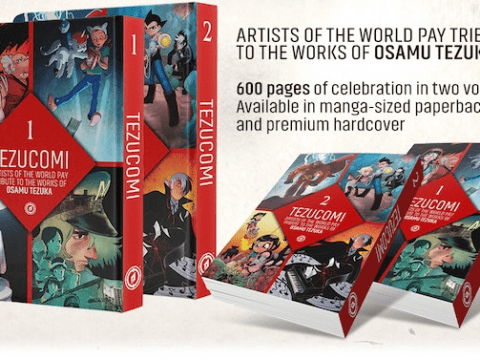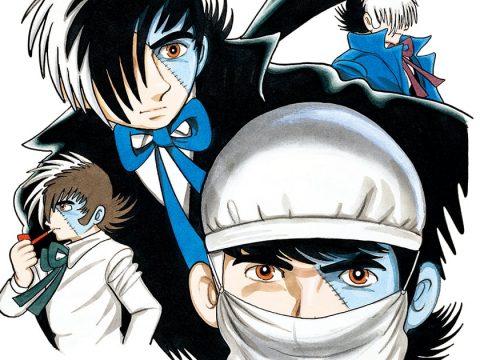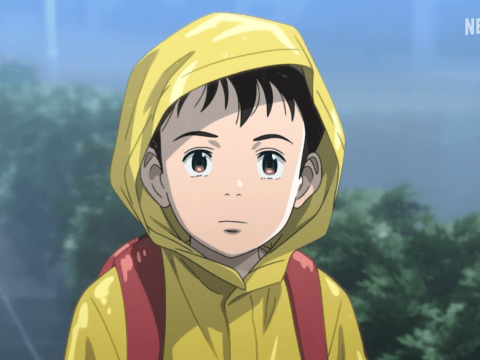
February 2009 marked the 20th anniversary of the death of legendary storyteller Osamu Tezuka, who was known in Japan as the God of Manga and the Father of Anime, due to the fact that in each medium, he revolutionized the production process for efficiency and quality. So in light of the prestige he brought to both industries, I thought we’d take a look at an anime that exemplified his greatest strengths and failings as a story creator: the TV series entitled Phoenix.
Phoenix is not an easy series to quantify as its original manga is both ambitious and unfinished. It plays out as a collection of stories spread out over different time periods while focusing on different elements of human existence. The only thing any of these stories have in common seemingly is that the characters (one or all depending on the story) are obsessed with worshipping, capturing, or killing a mystical firebird with life-giving properties. The stories didn’t have so much of a moral, per se, so much as a look at how the world can affect our outlook on life.

The “Dawn” chapter shows two villages at war in the distant past, with one soldier capturing/adopting the younger brother of a woman from the enemy tribe who winds up entwined in a peculiar fate with another man, all of whom are looking for the Phoenix. On the other end of the spectrum there’s the futuristic “Resurrection” chapter, in which a young man wakes up with brain damage following a horrible car crash and sees humans as strange looking creatures, while seeing robots as beautiful humans.
The interesting thing about these stories is that they seemed to be converging on the present as each one was released, but Tezuka’s ultimate goal for his magnum opus became a mystery with his untimely passing at the age of 60.
For the anime, director Ryosuke Takahashi (Gasaraki, Votoms, SPT Layzner) made a conscious decision not to create new stories to complete the Phoenix tales. As noted when he presented the series at Emory University in Atlanta, Georgia prior to its Japanese debut, “I’ve chosen not to do so out of respect for Tezuka’s work.” Instead, the TV series is a bit more linear and gives impressions of a conclusion in the “Future”story arc which is a satisfactory choice for those who may come to see this series with little or no foreknowledge.

The less satisfactory choice comes in that the series only lasts 13 episodes, which forces limitations on a couple of the stories and leaves the viewer wanting a bit more. This is probably the greatest failing of the Phoenix TV series in that it only scratches the surface of Tezuka’s storytelling and would’ve definitely benefited from a 26-episode run, or maybe a set of OAVs like the ones from the 80’s, each one approximately 45 minutes covering a specific chapter. Still, Media Blasters should be commended here for distributing a quality series that doesn’t sell like the typical martial arts /T&A fanservice stuff does, and I have to commend Jennifer Sekiguchi in particular for helping to put together some good English voice work.
All in all, Phoenix is a nice anthology series illuminating the strengths and flaws of human existence without the pretentiousness of Evangelion, and is the master work of one of the greatest figures in animation history. As such, it’s definitely a title that should be in any serious fan’s anime collection.



